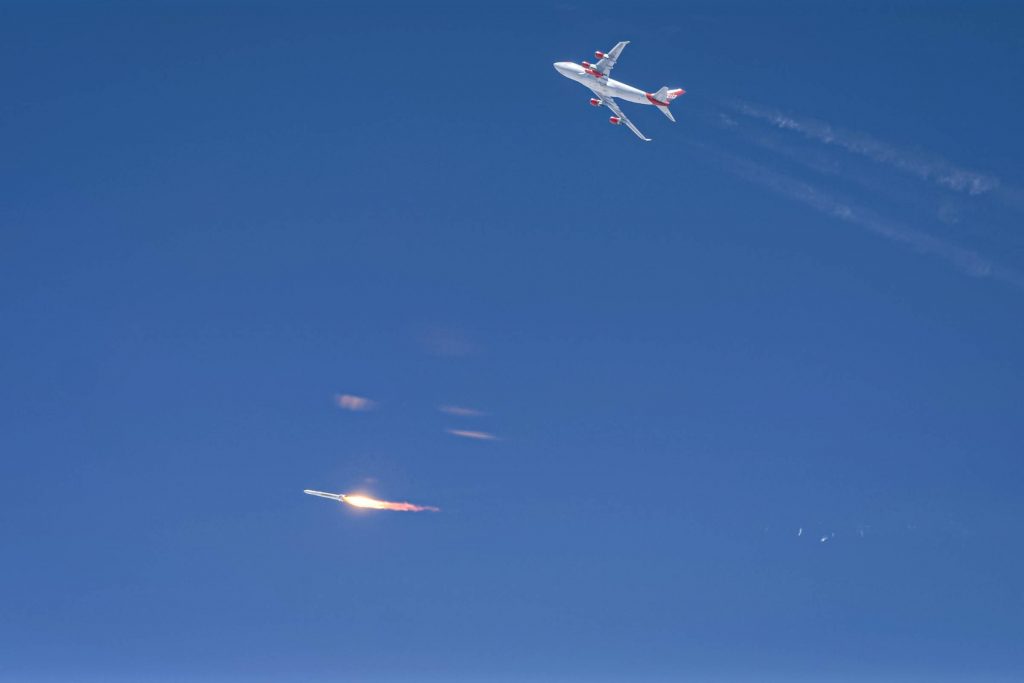Last week the alarm went off : a gigantic Chinese rocket was about to re-enter the atmosphere without any control. In the last hours it has finally happened, the Long March 5B has returned to Earth, falling uncontrollably into the Indian Ocean. It is one of the largest space debris that has fallen uncontrollably in the history of mankind.
Long March 5B was around 30 meters high and just over 20 tons in weight. Days ago, it completed its mission to bring the first module of the Chinese space station, the Tianh, into orbit. The rocket’s core stage failed to return once it left the station in orbit, so it ended up orbiting Earth until it re-entered the atmosphere.
Close to the Maldives and reckless
For the past few days astronomers, trackers, and hobbyists have been monitoring the rocket’s trajectory to determine when and where it could fall back to Earth. The Chinese rocket finally returned to the atmosphere over the Arabian Peninsula, yes, it did not land there.
The touch with the earth’s surface occurred later at coordinates 72.47 degrees east longitude and 2.65 degrees north latitude. These coordinates correspond to the Indian Ocean, near the Maldives. Unless otherwise confirmed, the rocket did not cause any human damage, it simply ended up submerged in the water.
China’s Manned Space Engineering Bureau said the “vast majority” of the debris burned when it re-entered the atmosphere. The confirmed re-entry thus ends the days of surveillance by hundreds of thousands of people around the world. While there has been no damage, many experts and especially from the United States see this act as reckless.
Measuring 33 meters high, 5 meters wide and weighing more than 20 tons, the center stage of the Long March 5B captured all eyes. Its re-entry out of control raised concerns, being the sixth largest object to re-enter the atmosphere in an uncontrolled way.

Generally, the stages of the rockets that return to Earth do so in a controlled manner. For this they have an extra boost that allows technicians to decide when it is going to re-enter the atmosphere, thus controlling that it falls in the middle of the ocean and away from human beings. This has not been the case with the Long March 5B, although luckily the result has been the same.
Via | @ planet4589
